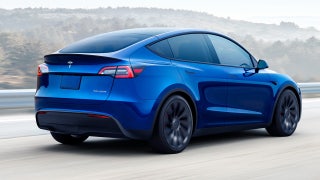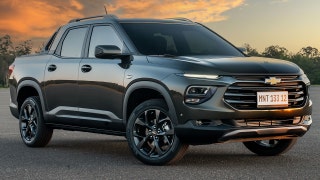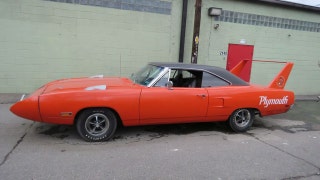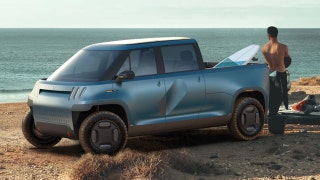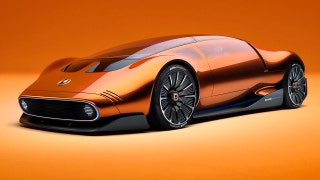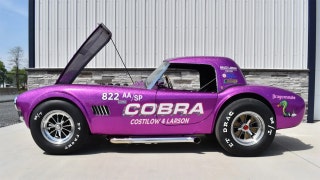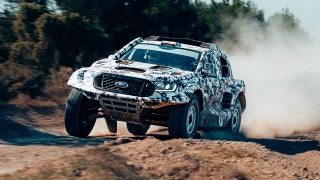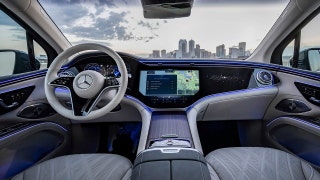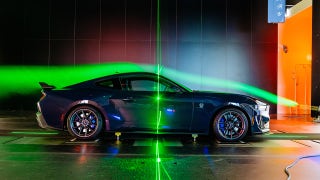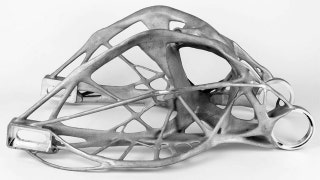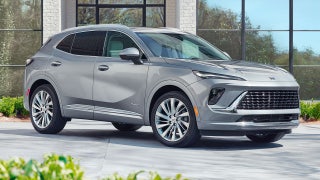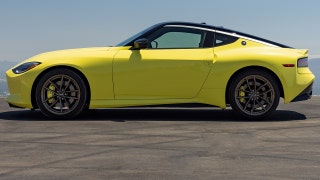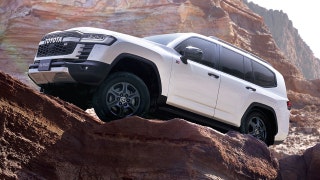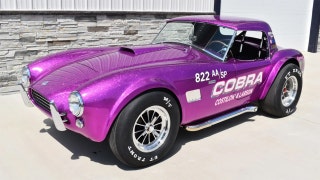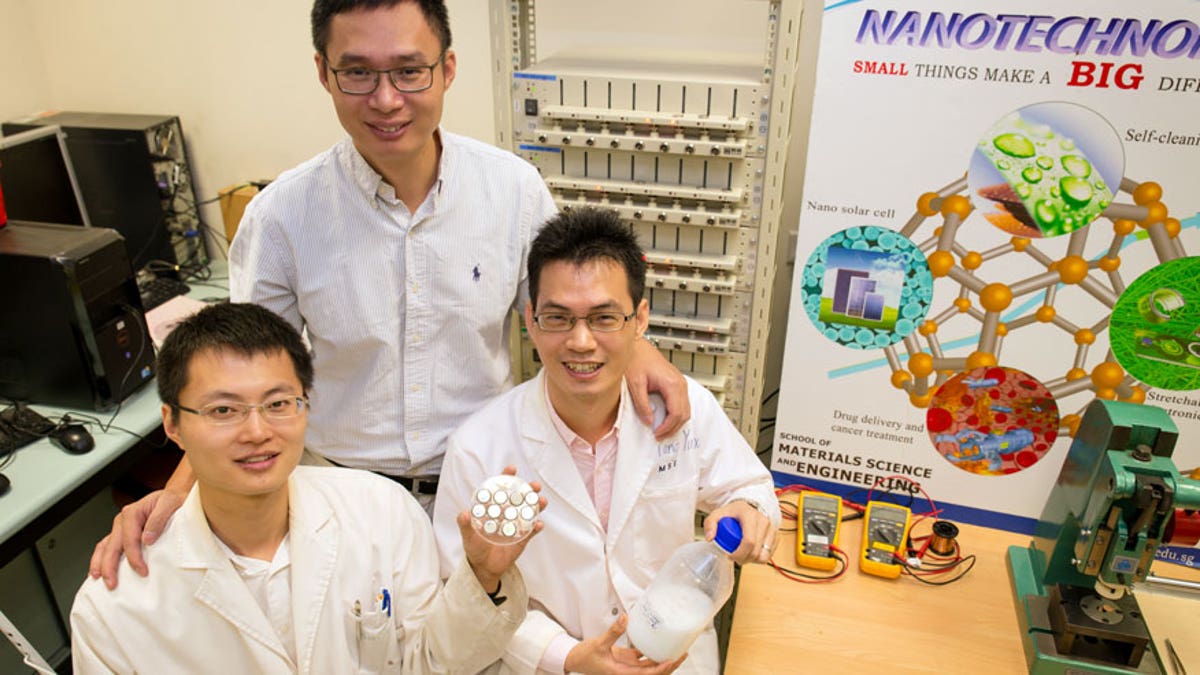
(Nanyang Technology University rec)
Batteries are the Achilles heel of most forms of technology. Most batteries take a long time to charge and don’t last more than a few years. Researchers at Nanyang Technology University recently created a new kind of battery that charges super fast and has a shelf life of 20 years.
The ultra-fast batteries can charge 70 percent in only two minutes and don’t need to be replaced every few years. The batteries will work for more than 20 years, a timeframe that’s nearly 10 times longer than the typical lithium-ion battery.
Related: Researchers create the first solar battery that runs on light and air
NTU researchers used a new gel material made from titanium dioxide for the anode, instead of the traditional graphite material used in most lithium-ion batteries. Titanium dioxide is safe to use, cheap, and easy to get from the soil. The material is currently used as a food additive or mixed into sunscreen lotions to absorb ultraviolet rays. In order to make the titanium dioxide work in the batteries, the researchers had to turn the typically spherical material into nanotubes that are thinner than a human hair. According to the researchers, the nanotube shape speeds up the chemical reactions in the battery, so that devices charge significantly faster.
More From Digital Trends
The team of researchers, led by Associate Professor Chen Xiaodong from NTU’s School of Materials Science and Engineering, believe that the discovery could change the electric car and mobile device industries dramatically. The new battery has a 10,000-cycle life, which Chen says could save those with electric cars a lot of money in replacement batteries, which sometimes cost $5,000. Additionally, the fast charging capabilities would make it easier to charge electric cars on the go, instead of having to juice the batteries up every night.
Related: Ampy turns a 30 minute run into 3 hours of battery life
“Electric cars will be able to increase their range dramatically, with just five minutes of charging, which is on par with the time needed to pump petrol for current cars,” Chen said. “Equally important, we can now drastically cut down the toxic waste generated by disposed batteries, since our batteries last ten times longer than the current generation of lithium-ion batteries.”
The researchers have already licensed the technology to a company and expect to see the new batteries on the market in approximately two years. Chen and his team are working on bigger versions of the battery and other new batteries.
